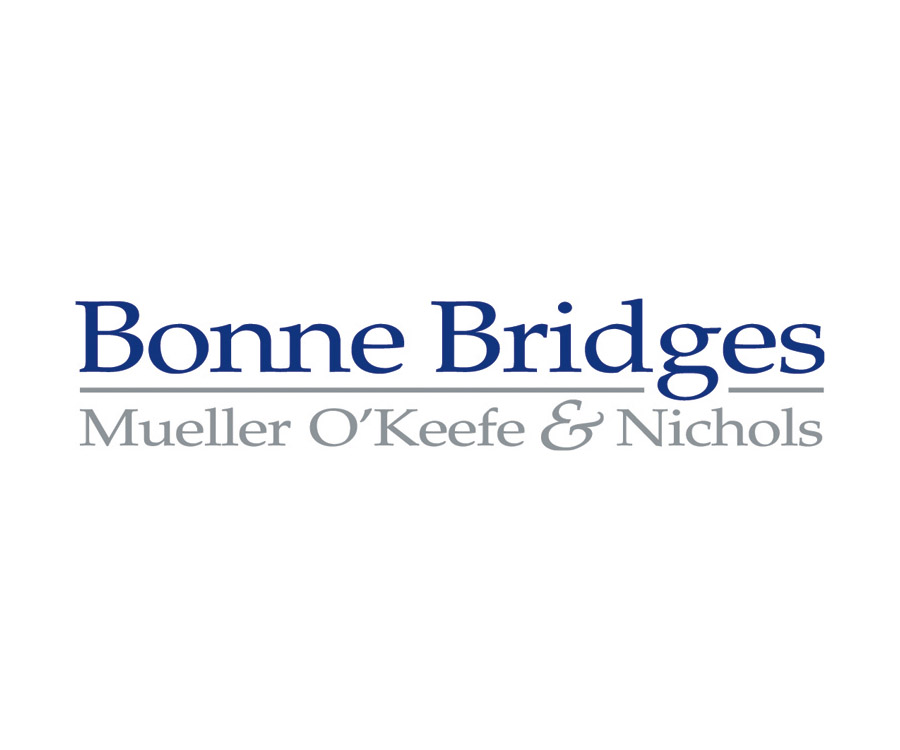
By Todd E. Croutch
Partner – Fraser Watson & Croutch, LLP
Traditionally, at least in the last decade or so, most discrimination and harassment claims have been brought against businesses in the employment context. In California, the Fair Employment and Housing Act (FEHA – Gov’t Code §12900 et al.) is the primary statutory scheme covering harassment and discrimination in the workplace. Employers can be liable for discrimination by their employees of other employees, job applicants, and even non-employees providing services to the employer, if the words or actions are substantially motivated by the alleged victim’s protected status.
What is a Protected Class?
In California, almost all persons can qualify as being within a protected class, such as: race, religion, national origin, gender, age, sexual orientation, and mental or physical disability. In the law, the standard is relatively easy, don’t treat people differently because of their protected status. However, in the workplace, it is hard to treat everyone the same, and often times it is hard to truly know why someone is being treated differently or perceives that they are being treated differently. Frequently, persons are treated differently for reasons other than their age, national origin, etc., such as the subordinate is their friend, or the quality of the employee’s work.
Plaintiff’s Burden
For a plaintiff to prevail in a discrimination suit, they must prove that the discriminatory motive was a substantial motivating factor for the adverse action towards them. Harris v. City of Santa Monica 56 Cal.4th 203 (2013). Harassment must be unwelcome, severe or pervasive, and offensive to the alleged victim (subjectively) and objectively (to a reasonable similarly situated person) offensive. Fisher v. San Pedro Peninsula Hospital 214 Cal.App.3d 590 (1989). If the discrimination or harassment is by a non-supervisor, then the employer is only liable if it knows or should have known about the conduct and fails to take prompt and appropriate action to stop the discrimination or harassment. The employer is strictly liable for discrimination or harassment by a supervisor. Gov’t Code §12940(j)(1).
Disability Suits
For disability discrimination, the standard is somewhat different. First, in California a person who has a “limitation of a major life activity” (i.e. working, seeing, hearing, walking, talking, lifting, etc.) is disabled. Gov’t Code §12926. Generally, once an employer is on notice of a disability, it has a duty to engage in a timely, good faith interactive process to provide a reasonable accommodation to the employee, if the employee can perform their essential job duties with or without reasonable accommodation. Reasonable accommodations can include job restructuring, modified work schedules, provision of additional or modified equipment, or prolonged leaves of absence, etc.
Health Care Cases
Some of the seminal discrimination, harassment and vicarious liability cases involving sexual words and conduct involve health care providers, such as:
Fisher v. San Pedro Peninsula Hospital, supra, which held that to be actionable, harassment must be severe or pervasive, and also discusses the concept of a “hostile work environment” sexual harassment of hospital staff that was created by a physician’s conduct.
Stevenson v. Huntington Memorial Hospital 16 Cal 4th 880 (1997), the California Supreme Court case which held that age discrimination is actionable as a protected class under California public policy. I know this case well because I litigated it.
Lisa M v. Henry Mayo 12 Cal 4th 291 (1995) which stands for the proposition that an employer, is not vicariously liable for sexual assault of a patient by one of its employees (i.e. improper touching of a woman’s genital area during a vaginal ultrasound). The court held that sexual assault is never within the course and scope of employment. However, the employer can be liable for negligent hiring, supervision and retention if it was on prior notice of the employee’s prior bad conduct and failed to take appropriate action.
Pursuit of $$
Plaintiffs are continually attempting to expand avenues of liability against health care providers that are not constrained by Civil Code §3333.2 (MICRA) damages limitations, so health care providers remain on the front line regarding if and when persons and employers are liable for allegedly discriminatory or harassing conduct, and, particularly, if MICRA limitations apply. For example, the California Unruh Civil Rights Act Civil Code §51 covers essentially the same protected classes as FEHA, and was generally intended to ensure persons have equal access to public accommodations, facilities, privileges in all business establishments (i.e. hotels, restaurants, etc.). Civil Code §51.7 provides for freedom from violence based upon being in a protected class. Civil Code §51.9 in a business, service or professional relationship, bars sexual harassment by professionals, including doctors and many others, if the plaintiff could not easily terminate the relationship and the alleged bad actor made sexual advances, solicitations, . . ., or engaged in other verbal, visual, or physical conduct of a sexual nature that is unwelcome, severe or pervasive. Thus, the same standard applied under FEHA in the employment context is now being applied to health care providers’ interactions with patients. Further, liability can apply to not just to physicians, but to other hospital workers, such as a CNA, and the hospital itself is a “person” under Civil Code §14 that may be liable for certain violations of Civil Code §51.9 under respondeat superior (i.e. vicarious liability) or if it ratifies the conduct. C.R. v Tenet Healthcare Corp. 169 Cal. App. 4th 1094 (2009). The above statutes allow plaintiffs recovery of statutory penalties and attorney fees, and Civil Code §§ 51.7 and 51.9 allow recovery of statutory penalties, punitive damages and attorney’s fees.
The legal battle is going to continue regarding if and under what circumstances the MICRA damages cap applies and if/when a hospital or other employer is liable in Civil Code §§§51, 51.7 and 51.9 cases, and in other contexts. For example, MICRA limitations don’t apply in statutorily created elder abuse claims, which are deemed to not arise out of professional negligence. Covenant Care, Inc. v. Superior Court 32 Cal.4th 771 (2004). However, MICRA has been deemed applicable in fraud, intentional battery, and related causes of action on the premise that they arise out of professional negligence. Central Pathology Service Medical Clinic v. Superior Court 3 Cal.4th 181 (1992); Cooper v. Superior Court 56 Cal.App.4th 744 (2nd Dist. 1997). Further, Lisa M v. Henry Mayo, supra, and related cases stand for the proposition that a hospital, and employers in general, are not vicariously liable for a non-supervisorial employee’s intentional torts, including sexual assault or sexual harassment (i.e. and may not be liable for certain intentional torts by a supervisorial employee), but employers can be liable only if they negligently hired, supervised or retained the employee, or ratified the employee’s conduct.
About the Author
Todd Croutch’s practice has involved litigation in a variety of areas such as: employment litigation of sexual harassment, discrimination, retaliation, wage and hour issues; personal injury; product liability; premises liability; contract and related tort claims. Additionally, Todd handles complex commercial and business matters involving breach of contract, trade secrets, unfair competition/business practices, corporate/partnership disputes and dissolution, and related tort claims, securities, and business collection matters. Todd has litigated cases in a wide array of industries such as: healthcare, construction, retail, insurance, manufacturing, transportation, securities, and real estate. Todd has extensive experience in representing management, as well as individual officers, directors and supervisors, and employees in employment litigation. Todd also has advised clients in a variety of labor and employment issues such as employee termination decisions, compliance with non-discrimination laws, investigation of sexual harassment complaints, drug testing, wage and hours issues, and related policies and procedures.























